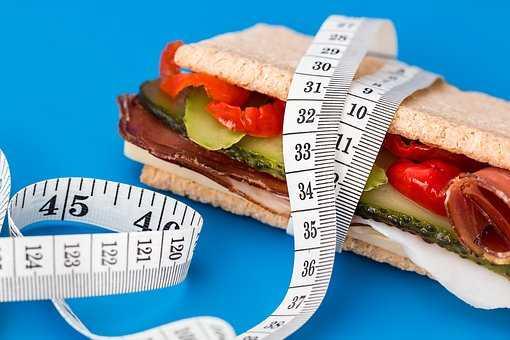Lose weight by knowing the scientific reason why those final pounds are hardest to lose
Curated from: inverse.com
3
Explore the World's Best Ideas
Join today and uncover 100+ curated journeys from 50+ topics. Unlock access to our mobile app with extensive features.
The last five pounds are the hardest
When you are getting close to your weight loss goal, you will often hit a plateau and won't be able to lose the last few pounds.
The reason why this is the case reveals a lot about the dynamic relationship between body weight and appetite.
71
482 reads
When weight loss slows down
When dieting to lose weight, there are two primary reasons why weight loss slows down over time:
- Calorie expenditure decreases with weight loss because fewer calories are needed to maintain and move a lighter body.
- Weight loss increases the appetite. The hormone leptin tells our brain how much fat is stored in our body. When we lose body fat, leptin decreases and increases our appetite.
Changes in calorie expenditure and the effect of body fat stores on appetite will stabilize body weight in the long run. However, it is hardly noticeable in the short term.
98
435 reads
Prevent overeating
We get hungry when our stomach tells our brain that it's nearly empty. But signals from our stomach can leave us vulnerable to overeating.
Fullness is determined partly by the fat, carbohydrate, and protein content of the meal, and partly by the overall amount. If a meal contains more fiber, it's more filling. That is why it is hard to overeat on foods such as fruits and vegetables.
89
339 reads
Reducing calorie intake
We can consume more foods with a higher energy density, like pizza, chocolate, and chips, than the same amount of food with a lower energy density, such as apples.
We're prone to overeat high-calorie foods because they're less filling per calorie and more pleasurable to eat. With repetition, you may find yourself choosing the lower calorie option and keeping your weight in check.
80
280 reads
Eating less can be difficult
It is hard to resist our desire to eat higher energy-dense foods, making dieting lapses inevitable. Motivation to maintain the diet may dwindle and can add to the perception that the last five pounds are harder to lose.
Our weight will settle around a point that is a balance between the desire for certain foods, our ability to keep our eating in check, and the energy we expend in physical activity.
76
321 reads
IDEAS CURATED BY
Andrea A.'s ideas are part of this journey:
Learn more about health with this collection
How to delegate tasks efficiently
How to use technology to your advantage
How to optimize your work environment
Related collections
Similar ideas
1 idea
8 Effective Tips to Lose Fat in Your Face
healthline.com
2 ideas
Top 12 Biggest Myths About Weight Loss
healthline.com
6 ideas
6 Simple Ways to Lose Belly Fat, Based on Science
healthline.com
Read & Learn
20x Faster
without
deepstash
with
deepstash
with
deepstash
Personalized microlearning
—
100+ Learning Journeys
—
Access to 200,000+ ideas
—
Access to the mobile app
—
Unlimited idea saving
—
—
Unlimited history
—
—
Unlimited listening to ideas
—
—
Downloading & offline access
—
—
Supercharge your mind with one idea per day
Enter your email and spend 1 minute every day to learn something new.
I agree to receive email updates

